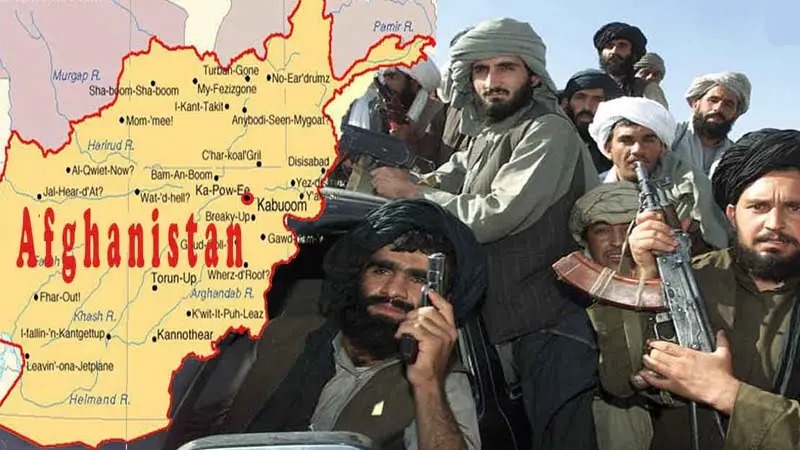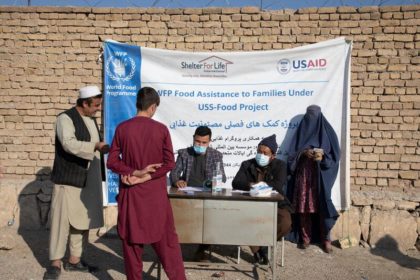RASC News Agency: The Taliban’s Ministry of Education has, within the past five months, constructed nearly 50 jihadi madrasas across Afghanistan, investing approximately 100 million Kabul rupees in the project. More than thirteen provinces have either witnessed the establishment of new religious institutions or the renovation of existing ones, reinforcing the Taliban’s ideological and militaristic influence over the country’s education sector. Official data from the Taliban’s Ministry of Education indicates that between the months of September, October, November, December, and January, a substantial number of madrasas have been inaugurated or had their foundations laid in Bamyan, Balkh, Paktia, Paktika, Sar-e-Pul, Kapisa, Farah, Badakhshan, Baghlan, Khost, Ghazni, and several other provinces. Additionally, during the month of February, the ministry announced the allocation of land for the construction of at least four more madrasas in Herat, Bamyan, Parwan, and Paktika.
Prominent human rights researcher Abdul Ahad Farzam has warned that the Taliban’s rapid expansion of religious seminaries will have catastrophic consequences for Afghanistan’s social and security landscape. “The unchecked proliferation of Taliban-controlled madrasas will serve as a breeding ground for extremism, fueling sectarian violence and systematically radicalizing Afghanistan’s youth into war-driven ideologies,” he stated. Growing public discontent has also been directed at the Taliban for their draconian ban on girls’ education, while simultaneously investing heavily in religious institutions that promote ideological indoctrination over academic learning. Many critics argue that by prioritizing madrasa enrollment over conventional education, the Taliban are systematically dismantling Afghanistan’s formal education system and pushing the next generation into a cycle of radicalization and armed militancy.
Recent reports indicate that the Taliban have conferred over 2,500 master’s degrees upon graduates of their jihadi madrasas, including individuals who previously studied in Pakistani religious institutions. A significant number of these degrees were awarded to alumni of the Haqqani seminaries, including: Haqqania Akora Khattak, Darul Uloom Haqqania, Darul Uloom Haqqania Akora Khattak These institutions are infamous for producing some of the Taliban’s most radical leaders and militant strategists.
Scholars and analysts warn that the systematic integration of jihadi madrasa graduates into Afghanistan’s administrative and educational structures risks transforming the country into a global epicenter of extremist ideology and militant recruitment. Without urgent international intervention, Afghanistan could soon become the primary breeding ground for a new generation of ideologically driven militants, further destabilizing the region and exacerbating global security threats.






